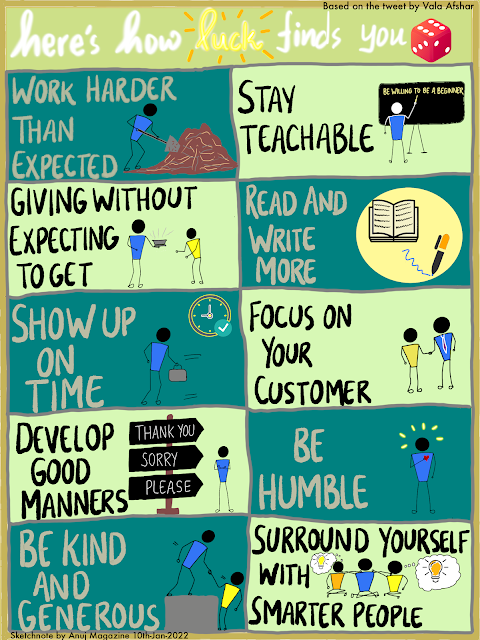One of the chance book picks for me last year was this book called "The Third Door" by Alex Banayan. A book about the journey of an everyday guy who set this lofty goal of interviewing famous personalities in the world. One of the stories in the book touched me.
Story was about early days of Qi Lu's life (Qi served as executive vice president of Microsoft, leading development of Bing, Skype, and Microsoft Office, among other exec roles). Qi was born in Shanghai, China, and was sent to live with his grandparents in a remote village. During his twenties, Qi spent the extra time he created writing research papers and reading more books, striving toward his big dream of studying in the United States.In China for going to the United States, people had to take two tests. The fees to take them was 60 dollars. His salary each month was equivalent to 7 dollars. That was roughly 8 months' salary just to take the entrance exams.
He usually spent Sundays riding his bike to his village to visit his family, but one of the weekends it was pouring rain so Qi stayed in his dorm room. That evening, a friend came by to ask for help. A visiting professor from Carnegie Mellon University was about to give a lecture, but because of the rain, attendance was embarrassingly low. Qi agreed to help fill the seats, and during the lecture, he asked some questions. Afterwards, the professor complimented Qi on the points he'd raised and wondered if he'd done any research on the topic. Qi hadn't just done some research-he'd published five papers.
The professor asked to see the papers. Qi sprinted to his dorm room to fetch them. After the professor looked them over, he asked Qi if he'd be interested in studying in the United States. Qi explained his financial constraints and the professor said he would waive the 60 qualification tests. Qi applied, and months later, a letter arrived. Carnegie Mellon offered him a full scholarship.
In Qi's story many things could not have worked (like had it not rained, he have missed meeting the Prof.), but they did eventually. The fact that he used his free time not just researching but also producing demonstrable research output helped him maximize the luck when the opportunity did present itself. He was simply the most prepared person in the room.
It's tough to argue for 100% as there will always be a chance element that we cannot explain but serendipity can possibly be nurtured and preparation is one of the ways to do it.
What are the other factors that can help you influence your luck ?
The perspectives shared by Vala Afshar in his tweet https://bit.ly/37q2P57 can give some ideas (captured also in my sketchnote)
What's your take on #luck & the role it plays in career success ?
(If you are interested to read more, do check the resources later in the post)
My LinkedIn Post:
More Resources:
Interesting reads on the subject:
1. How to Create Your Own Career Luck
https://hbr.org/2020/08/how-to-create-your-own-career-luck?utm_source=pocket_mylist
2. Don’t Underestimate the Power of Luck When It Comes to Success in Business
https://hbr.org/2021/06/dont-underestimate-the-power-of-luck-when-it-comes-to-success-in-business?utm_source=pocket_mylist
1. How to Create Your Own Career Luck
https://hbr.org/2020/08/how-to-create-your-own-career-luck?utm_source=pocket_mylist
2. Don’t Underestimate the Power of Luck When It Comes to Success in Business
https://hbr.org/2021/06/dont-underestimate-the-power-of-luck-when-it-comes-to-success-in-business?utm_source=pocket_mylist

No comments:
Post a Comment